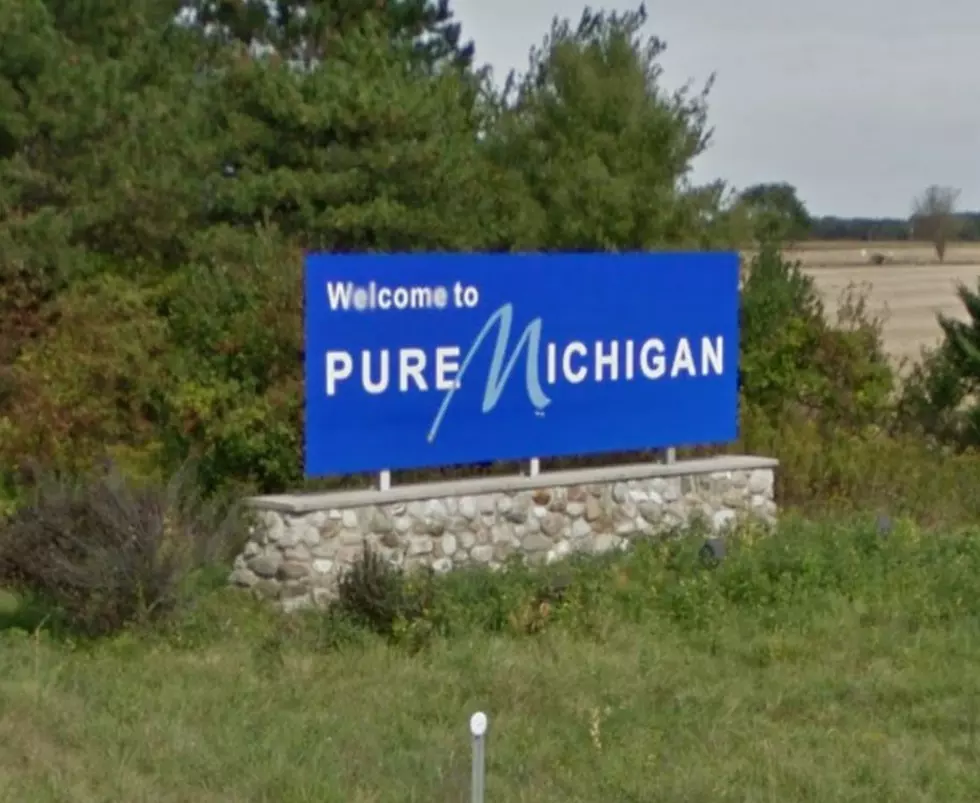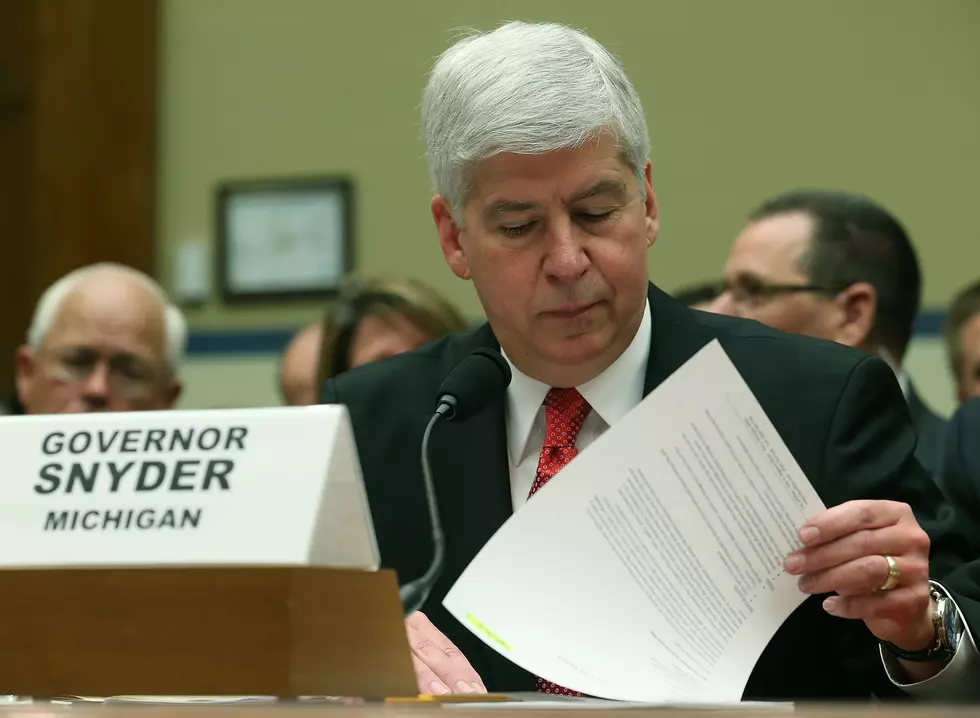
Snyder Signs Fiscal Year 13 Budget Bills
Governor Rick Snyder signed legislation on Tuesday enacting Michigan's fiscal year 2013 budget, which invests in the governor's key priorities and helps to ensure the state's long term stability. This is the second year in a row that the governor and the legislature have delivered a structurally balanced budget well in advance of the fall deadline.
"This balanced, thoughtful and timely budget ensures that taxpayers get value for their money," said Snyder. "It continues the sound financial principals we adopted last year that now allow us to make strategic investments in our state's future. We'll be a stronger Michigan because of it. Let's build on this achievement by moving forward with relentless positive action so that Michigan becomes a national model of job creation, innovation and prosperity."
Snyder commended Senate Majority Leader Randy Richardville, House Speaker Jase Bolger, Senate Appropriations Committee Chairman Roger Kahn and House Appropriations Committee Chairman Chuck Moss for their leadership in delivering a strategic, fiscally responsible budget.
Some highlights of the 2013 budget include:
- A total budget of $49 billion in state and federal revenue sources, with more than 75 percent devoted to education and health and human services.
- Personal income tax relief that reduces the income tax rate from 4.35 percent to 4.25 percent effective Oct. 1, ahead of the originally scheduled date of Jan. 1, 2013. The personal exemption will increase from $3,700 per person to $3,950 per person on Oct. 1 also.
- Support for cities, villages, townships and counties with nearly $1.1 billion through revenue sharing payments and local government incentive programs.
- Added funding for child welfare staffing to provide an additional 577 full-time employees for child welfare services within the Department of Human Services.
- A total of $59.9 million to support low-income home heating assistance to ensure heat for families and individuals in need during the winter months.
- A three percent increase in funding for community colleges and universities with performance metrics that keep college tuition down.
- Implementation of a summer youth employment initiative targeting at-risk youth in the four cities reflecting high crime rates. This initiative will provide job opportunities to gainfully employ young people, teach job skills and provide career aspirations.
The omnibus budget bill is now Public Act 200 of 2012.
More From WFNT


![Flint City Council Approves $1.7M to Help Fund Firefighters [VIDEO]](http://townsquare.media/site/84/files/2019/06/GettyImages-860726916.jpg?w=980&q=75)
![Gov. Snyder, Help Flint Win the New Amazon Headquarters Bid [OPINION]](http://townsquare.media/site/47/files/2017/09/Snyder-WP.jpg?w=980&q=75)





